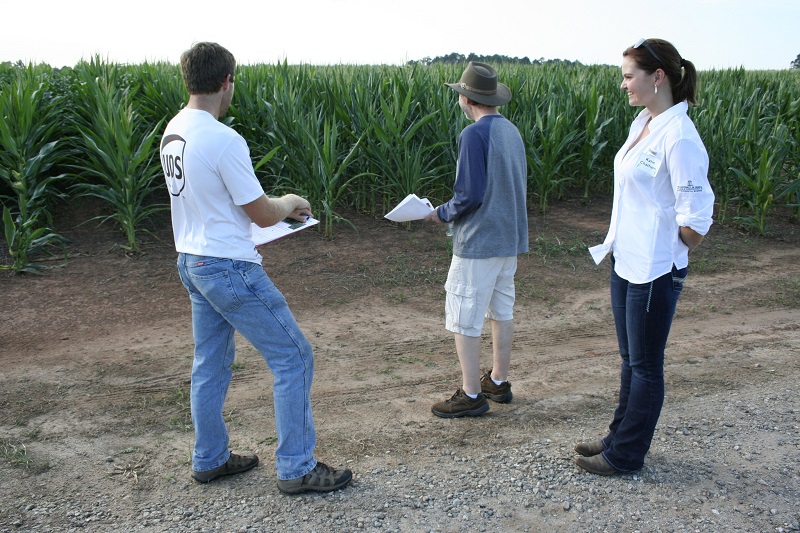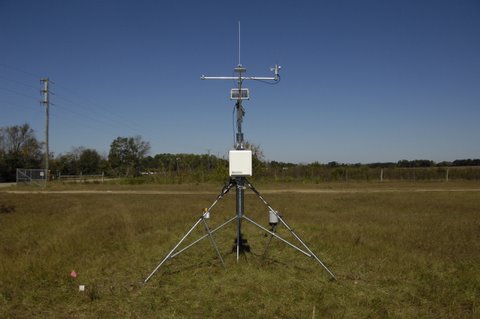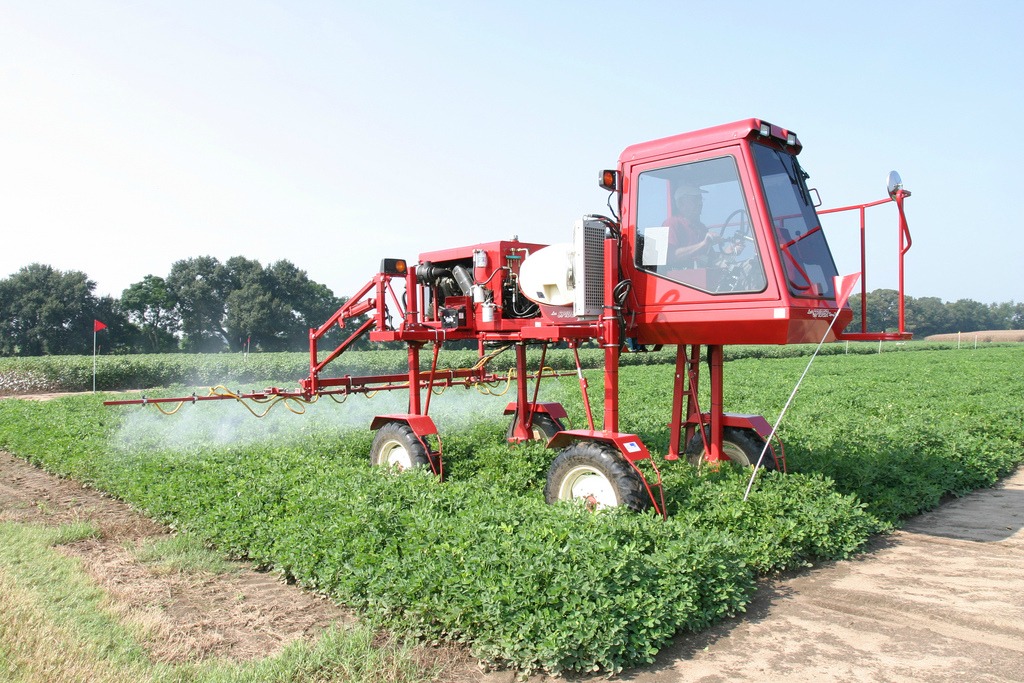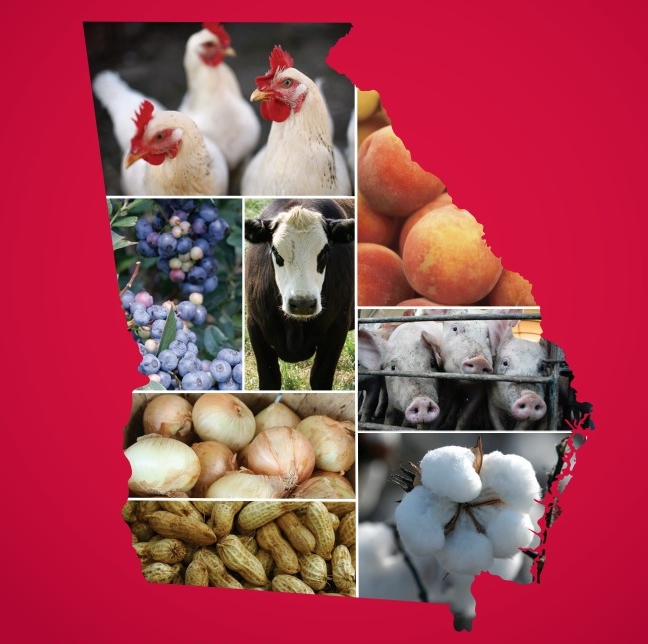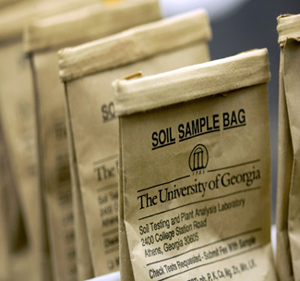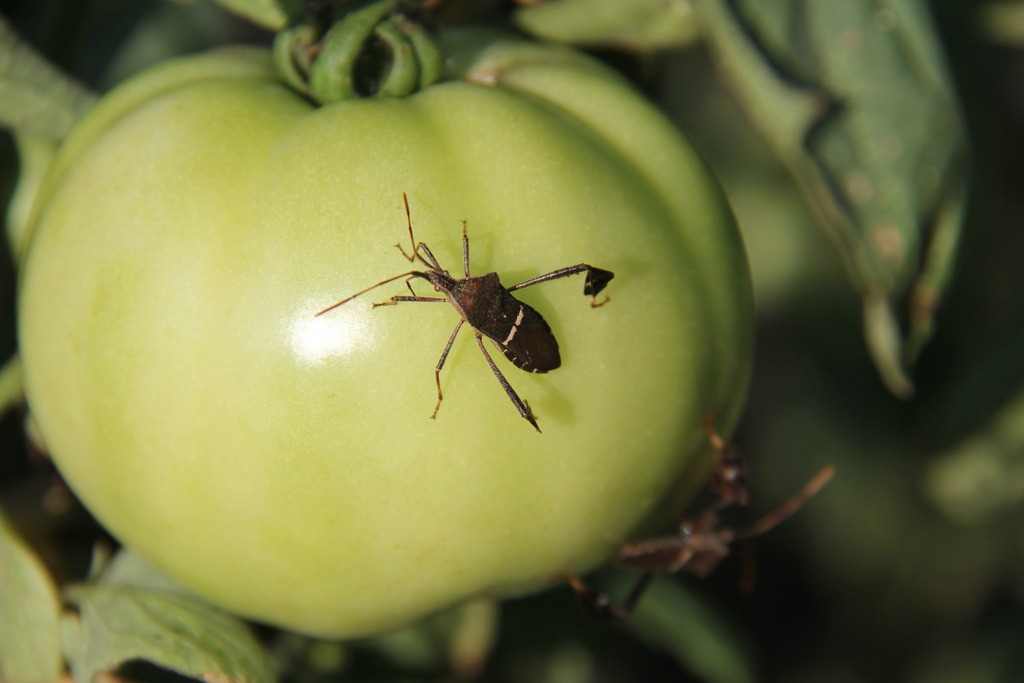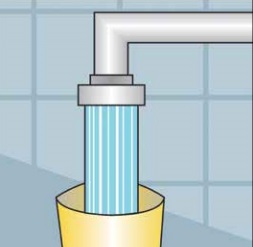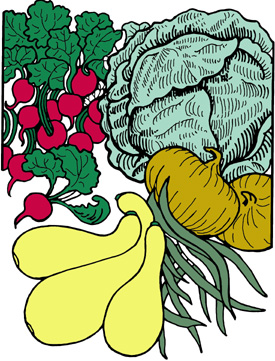Below are some of UGA Extension's most broadly useful resources for those involved in agriculture on the farm, in schools, and around the home.
Production Agriculture
UGA Weather Network Reliable weather information for agricultural and environmental applications, including soil temperature, rainfall, wind speed, and more.
Pesticide Safety Education Everything you need to achieve certification and maintain the knowledge to safely and effectively make use of restricted-use and all other types of pesticides.
Sustainable Agriculture A collection of resources for those interested in production and marketing practices that are profitable, environmentally sound, and that improve the quality of life for farmers, farm workers, and the community.
Ag Budgets and Economics Resources for production economics, farm management, marketing, situation and outlook, risk management, financial management, farm policy, labor, and taxation.
Farmgate Value Report Annual county-level reports documenting the value of all food and fiber commodities grown in the state.
Home & Garden
Soil Testing Ensure that your soil is productive! Get your soil tested to determine the amount and kind of nutrients that should be added for the best growth.
Pest Management Recommendations for pest control around homes, on pets, in the home garden, and more.
Household Water Quality Water quality has an immediate and a prolonged effect on the health of your household. This publication series contains basic information about home water quality and treatment.
Home Garden Publication Series Topics include garden planning, soil preparation, weed control, pollination, disease and insect control, harvesting, and preserving.
Georgia Green Industry Professional Development The UGA Center for Urban Agriculture offers professional training and certifications for the Georgia Certified Landscape Professional, Georgia Certified Plant Professional exam and Super Crew employee training series.
Georgia Green Landscape Stewards The Georgia Green Landscape Stewards program provides fact-based information to help businesses and residences in Georgia implement sustainable green practices in their landscape.
Schools
Community and School Gardens This Community and School Gardens blog is designed to help community and school gardeners succeed by connecting them to UGA Extension and other research-based resources.
Lesson Plans and Teacher Resources Whether you'd like to help protect the environment, teach your students how to avoid chronic diseases with healthy food and physical activity, or train food handlers in your cafeteria, University of Georgia Extension can help.
